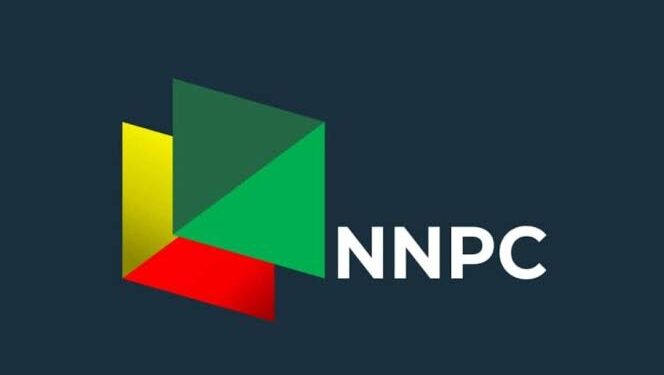On Wednesday, top guys from the Nigerian National Petroleum Company Limited (NNPCL) decided to give the public a glimpse of their long-awaited revival of the Port Harcourt Refinery. A select group of journalists and stakeholders were invited on this “exclusive” tour, after years of neglect and endless promises, the 60,000 barrels per day refinery, which had been collecting dust for far too long, is now apparently refining crude.
It was just last Tuesday that NNPCL proudly announced that the refinery had resumed operations following what they claim were years of rehabilitation works.That’s the story we’re being sold.

Channels Television’s own Olu Philips was part of the tour team, and his observations were far from glowing. As he stepped inside, he noticed the tell-tale signs of what we’ve all come to expect from such a project, the blaring sounds of refinery plants in action. The refinery is “processing crude,” they say, but it seems the sound of those machines is more of a reminder that the work is far from over. It’s the kind of noise you hear when you’re trying to convince people you’re actually doing something when, in reality, it’s just a lot of mechanical noise, nothing tangible going on.
According to Philips’ report, the rehabilitation team from TECNIMONT, the Italian company that has been working on the refinery for the past two years, is still on-site, “ensuring its smooth running.” So, the team is still around, the question on my mind is, If the refinery is up and running, why is the rehabilitation team still hanging around?
The truth is, the NNPCL’s announcement reeks of a PR stunt. Sure, the refinery is working, but let’s not forget that it’s been years in the making, with countless delays and failed promises. The real question isn’t whether the refinery is refining crude, it’s whether it can stay running long enough to make a real impact on Nigeria’s oil production. The NNPCL might be praising itself for this “achievement,” but until the refinery starts contributing meaningfully to the country’s oil sector, this isn’t relevant.

















